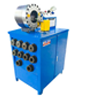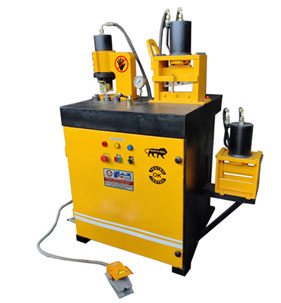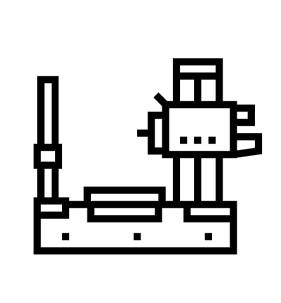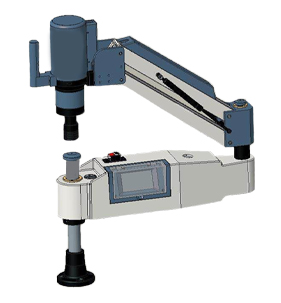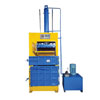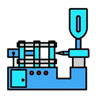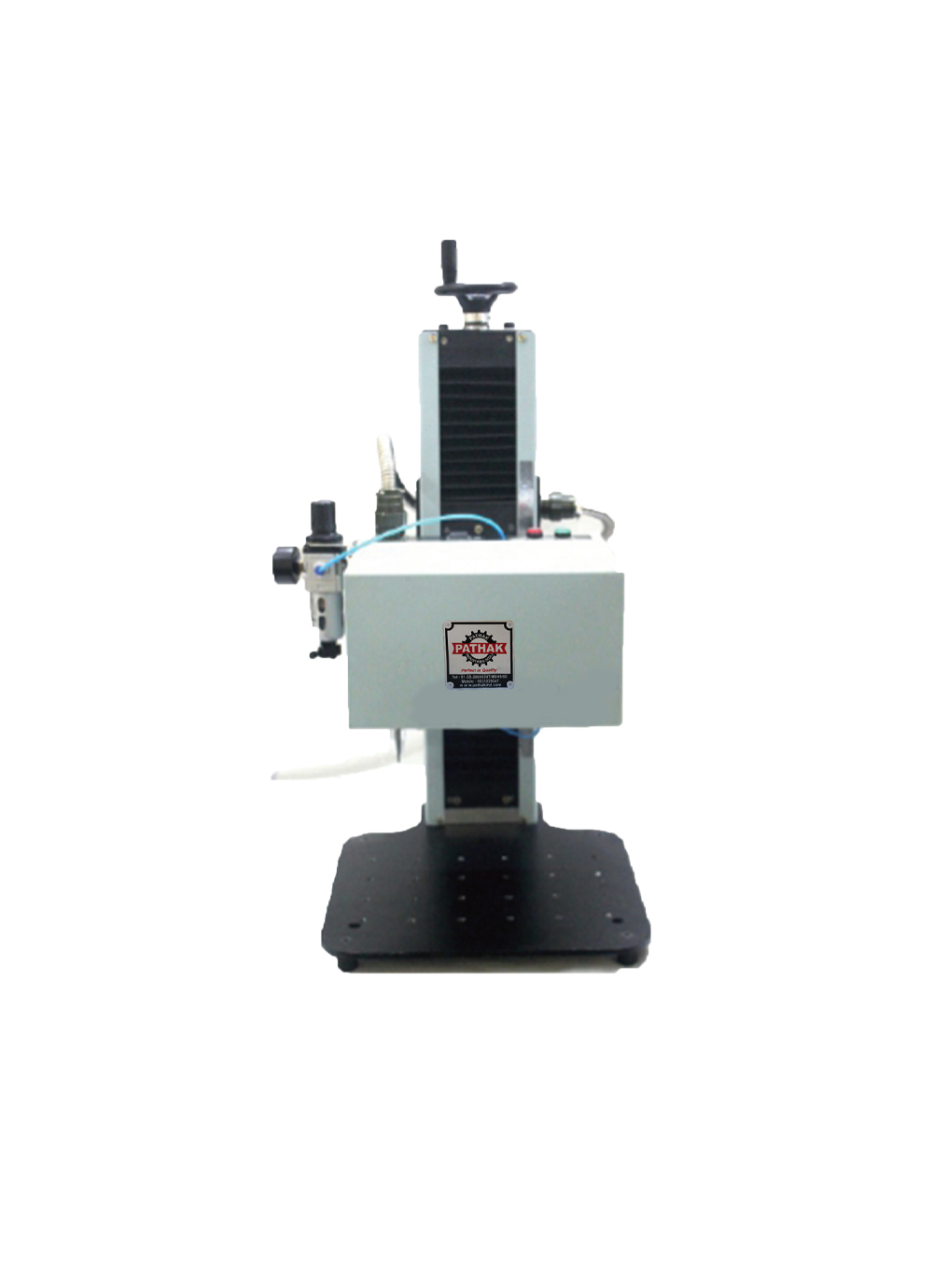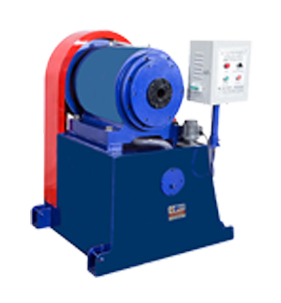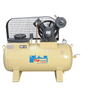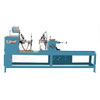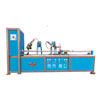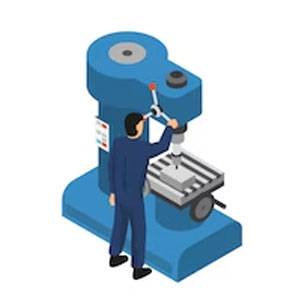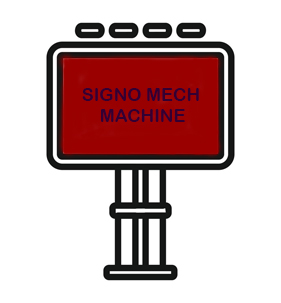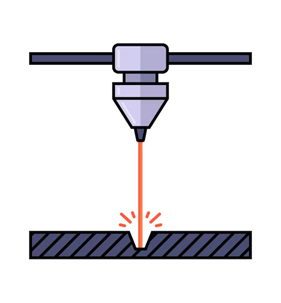How Busbar Machines Contribute to Electrical Safety and Reliability
Published On: Jun 15, 2023 by Pathak
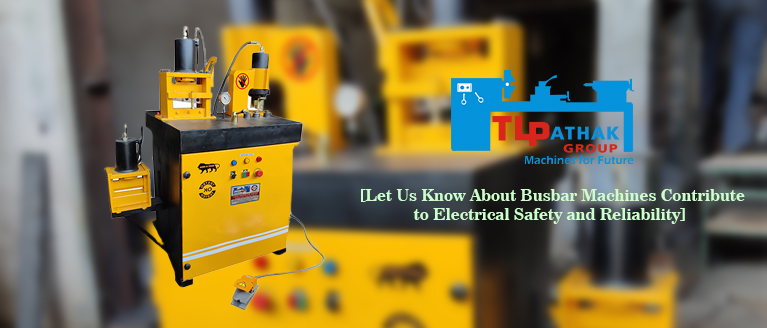
How Busbar Machines Contribute to Electrical Safety and Reliability -
Introduction:
Busbar machines play a crucial role in the fabrication and assembly of busbars, which are essential components in electrical systems. This article explores how busbar machines contribute to enhancing electrical safety and reliability, ensuring efficient power distribution and dependable electrical connections.
1. Accurate and Precise Fabrication:
Accurate and precise fabrication is a key aspect of busbar machines that contributes to the overall quality and reliability of busbars. Through advanced technologies and specialized tools, busbar machines ensure that the dimensions, shapes, and hole patterns of busbars are fabricated with utmost accuracy and precision.
By eliminating human error and inconsistencies, busbar machines create busbars that meet exact specifications, ensuring proper alignment and fitment of electrical components. This level of precision in fabrication enhances the electrical connections within systems, reducing the risk of failures and improving overall performance.
Accurate and precise fabrication also enables the creation of clean and precise holes, cutouts, and bends in busbars. This level of precision ensures that the busbars can seamlessly integrate with other electrical components, resulting in reliable electrical connections.
Overall, the accurate and precise fabrication provided by busbar machines plays a crucial role in ensuring the reliability, efficiency, and safety of electrical systems. It contributes to the overall quality of busbars, promoting seamless electrical connections and minimizing the risk of performance issues or electrical failures.
2. Consistent Quality Control:
Consistent quality control is a vital aspect of busbar fabrication that ensures the reliability, performance, and safety of the final product. It involves systematic processes and measures to maintain uniformity, adhere to quality standards, and identify and rectify any potential issues throughout fabrication and assembly. This includes material inspection, visual inspections, dimensional checks, electrical testing, and mechanical strength checks. Consistent quality control helps identify defects, ensure proper dimensions and tolerances, verify electrical performance, and evaluate the structural integrity of busbars. By maintaining rigorous quality control practices, busbar manufacturers can deliver consistent and high-quality products that meet industry standards, enhance electrical safety, and provide reliable performance in electrical systems. Continuous improvement and proper documentation of quality control activities are also integral components of achieving consistent quality control in busbar fabrication.
3. Enhanced Electrical Connections:
Enhanced electrical connections in busbar fabrication ensure reliable and efficient power distribution. Precise hole patterns and alignment of busbars with electrical components, along with optimized current carrying capacity, reduce resistance and voltage drops. This improves electrical conductivity, minimizing the risk of overheating or faults. Enhanced electrical connections ensure compatibility with electrical components, promoting optimal performance and reliability in electrical systems. By achieving seamless power distribution and reducing the chances of failures, enhanced electrical connections contribute to the overall efficiency and safety of electrical systems.
4. Efficient Power Distribution:
Efficient power distribution is a crucial aspect of busbar fabrication that ensures stable and reliable operation of electrical systems. It involves designing and fabricating busbars to optimize the flow of electrical energy, minimize losses, and maintain consistent voltage levels. By utilizing optimal cross-sectional designs, low-resistance connections, and uniform current distribution, busbars facilitate efficient power transmission. This reduces energy losses, prevents overloading of components, and promotes optimal performance. Additionally, busbar fabrication techniques consider thermal management to dissipate heat effectively, ensuring safe operation. Efficient power distribution minimizes voltage drops, prevents power interruptions, and enhances the overall efficiency and longevity of the electrical system. It is essential for maintaining the reliability and performance of electrical systems, reducing energy waste, and promoting cost-effectiveness.
5. Reduced Human Error:
Reduced human error in busbar machines is achieved through automation and advanced technology. By eliminating human intervention, the machines ensure precise and consistent operations, minimizing errors caused by human variability. Automated programming and built-in quality control systems further reduce the risk of errors in fabrication, ensuring that each busbar meets required specifications. With error detection and correction mechanisms, busbar machines enhance efficiency, accuracy, and safety while minimizing costly rework and improving overall productivity.
6. Time and Cost Savings:
Busbar machines provide significant time and cost savings in the fabrication process. With automated processes like hole punching, bending, and cutting, production efficiency is increased, reducing manufacturing time. The precision and accuracy of busbar machines minimize material wastage, eliminating the need for rework and reducing associated costs. Additionally, these machines optimize material utilization, further reducing material expenses. Overall, busbar machines offer a streamlined and cost-effective solution, saving both time and money in busbar fabrication.
7. Flexibility and Customization:
Busbar machines offer exceptional flexibility and customization capabilities. With adjustable parameters, programmable controls, and versatile material compatibility, manufacturers can tailor the fabrication process to meet specific requirements. The machines can produce busbars with varying specifications, accommodate unique project demands, and work with different materials. This flexibility allows for easy adaptation to diverse electrical system designs and ensures efficient manufacturing processes regardless of batch sizes or customization needs.
8. Compliance with Safety Standards:
Compliance with safety standards is of utmost importance in busbar fabrication. Busbar machines ensure adherence to these standards through various features and mechanisms. From built-in safety systems to protective guards and emergency stop buttons, these machines prioritize operator safety. They also comply with electrical and industry-specific safety regulations, ensuring that fabricated busbars meet required safety standards. By utilizing busbar machines, manufacturers can confidently produce busbars that meet all necessary safety requirements, protecting both operators and end-users from potential hazards and ensuring the overall reliability and safety of electrical systems.
Conclusion:
Busbar machines play a vital role in enhancing electrical safety and reliability by enabling accurate fabrication, consistent quality control, efficient power distribution, and precise electrical connections. Their contribution to automation, precision, and adherence to safety standards ensures that busbars meet the highest quality standards, promoting reliable electrical performance and reducing the risk of electrical failures.
Lastest Articles
-
Embracing NC Hydraulic Press Brake Technology in Middle East Factories
Being a prominent center for indust... -
What machines are used to set up an Electrical Modular Box Plant
Attention all aspiring entrepreneur... -
Manual Process For Making Steel Almirah
Steel almirah are not only durable ... -
Semi Automatic Almirah Making Machines
Streamlining Production Processes w... -
Steel Almirah Manufacturing With Fully Automatic High Precision Machines
Welcome to the world of precision a... -
Unlocking the Power of Precision Understanding the Purpose and Functionality of Drilling Machines
A drilling machine is a tool used f... -
A Beginners Guide to C-Frame Presses for Industrial Applications
Welcome to the world of C-frame pre... -
Busbar Machine Applications in Automotive Manufacturing
Busbar Machine Applications i... -
How Busbar Machines Contribute to Electrical Safety and Reliability
How Busbar Machines Contribute to E... -
A Beginner's Guide to Busbar Fabrication and Assembly
A Beginner's Guide to Busbar Fabric...










